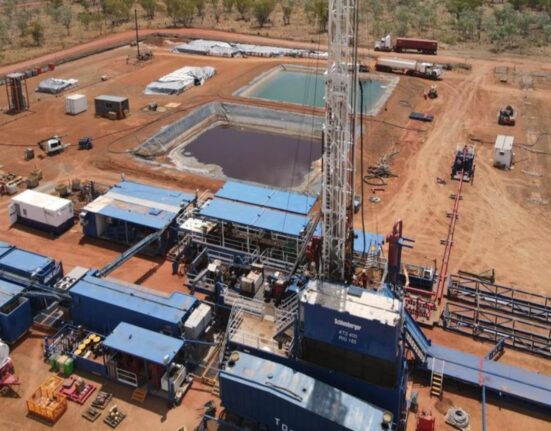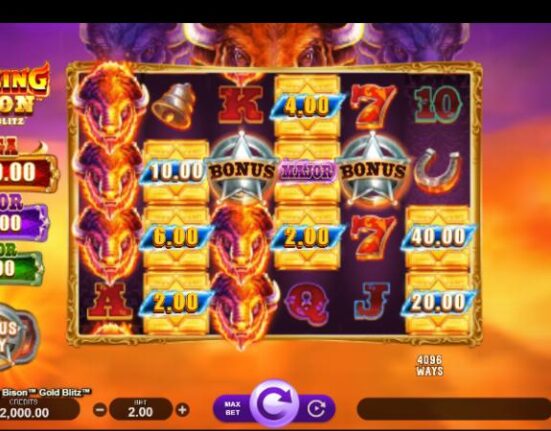In the world of real estate, there’s a curious dance between house prices and the flow of illicit drug money. It’s a tale as old as time – or at least as old as organized crime. Imagine this: you’re an aspiring homeowner, struggling to crack into the property market. You look around and see prices skyrocketing beyond your reach. What gives? Well, part of the culprit might just be sitting in your local kingpin’s bank account.
Let’s take a deep dive into Australia’s real estate scene, where the love for cocaine seems to go hand in hand with unattainable housing dreams. Criminals aren’t just splurging on flashy items like art pieces, designer shoes, and cryptocurrency – they’ve got their eyes set on something bigger: bricks and mortar. Picture this – waterfront mansions in Queensland snatched up by a Russian duo to clean their dirty cash or Chinese syndicates snapping up prime properties in Sydney and Melbourne faster than you can say “money laundering.”
As our friends down under grapple with soaring house prices, it turns out that a hefty chunk of these staggering costs is fueled by billions of dollars from illegal activities like drug trafficking. According to financial watchdog AUSTRAC, most of this shady money finds its way into properties rather than flashier buys like yachts or private islands.
Bradley Brown from AUSTRAC painted a vivid picture when he highlighted how competing against criminals in the housing market creates an uneven playing field for law-abiding citizens. He emphasized that money laundering doesn’t just distort property prices; it also robs legitimate buyers of their shot at homeownership.
But fear not! Change is on the horizon. From July 1, 2026, Australia is cracking down on money laundering loopholes by roping in key players like real estate agents, lawyers, and accountants under anti-money laundering laws. These professionals will now have to vet their clients diligently and report any suspicious financial activities lurking behind property transactions.
Now comes the million-dollar question – what happens if we manage to stem this flood of illicit funds into real estate? Canada may hold some clues in its experience post-tightening anti-money laundering regulations in its property sector. Over in Vancouver, criminals’ dirty money had inflated house prices by up to 5%, showcasing how deeply rooted this issue can be.
The impact isn’t merely monetary; it distorts market dynamics by injecting demand disconnected from local incomes or investment norms. If Australia follows suit with effective measures against money laundering in real estate, current homeowners could be looking at substantial value gains while leveling the playing field for genuine buyers.
So next time you eye that dream home with trepidation about its price tag, remember – behind every inflated cost might lurk a shadowy trail of ill-gotten gains seeking legitimacy through bricks and mortar.









Leave feedback about this